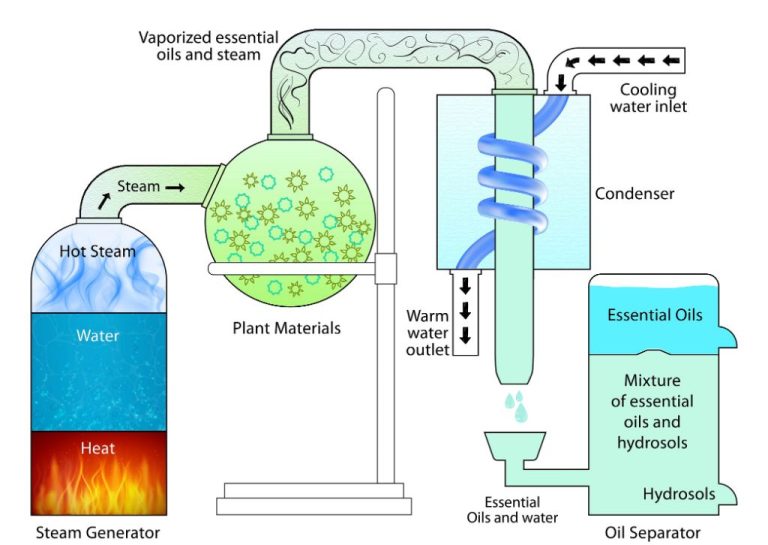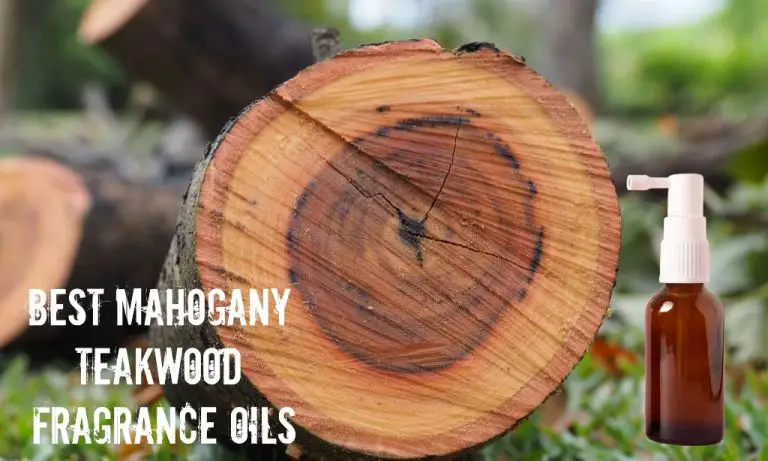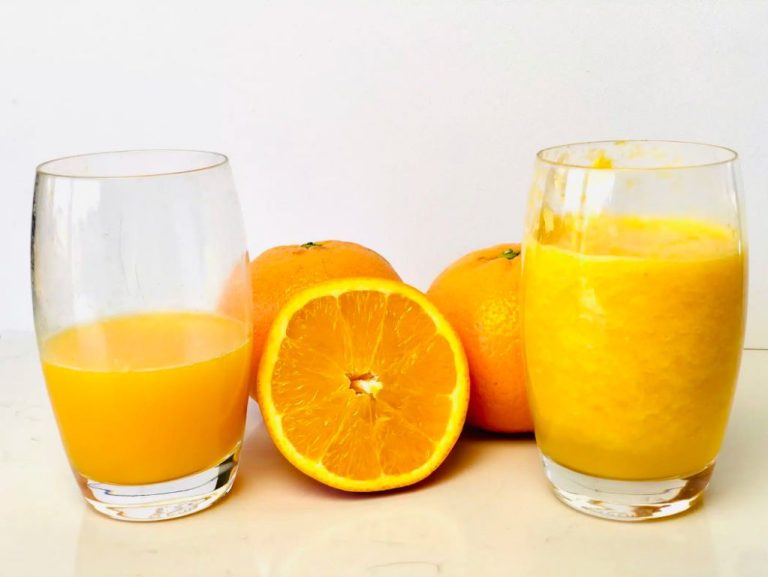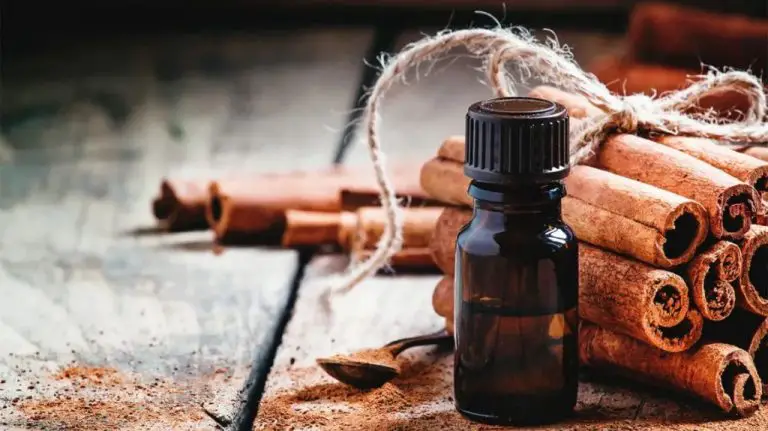How Do I Choose An Essential Oil Company?
Introduction
Choosing a quality essential oil company is important for several reasons. Essential oils are highly concentrated plant extracts that can have significant effects on the body and mind when used properly. However, not all essential oils are created equal – purity, potency, and production methods can vary greatly between brands. Selecting a reputable company ensures you are getting a high-quality therapeutic-grade product that is safe for use.
When evaluating an essential oil company, key factors to consider include: sourcing and production methods, testing for purity and potency, quality of ingredients and blends, pricing and value, company reputation and reviews, sustainability and ethics, and customer service. This guide will provide an overview of each of these factors to assist in identifying a high-quality essential oil supplier that meets your needs. Using pure, potent essential oils from a trusted company can help maximize the benefits and enjoyment from using these natural wellness products.
Sourcing and Production Methods
When choosing an essential oil company, it’s important to look for ones that control their own farms and distilleries. This allows for greater oversight into the growing and production processes (Ethical Sourcing and Fair Trade Practices in Essential Oil Production, 2023).
Companies should use steam distillation rather than chemical solvent extraction to produce their oils. Steam distillation is a more natural process that preserves the therapeutic benefits of the plants. Solvent extraction can leave behind chemical residues that are harmful (A Guide to Sustainable Essential Oils, 2022).
It’s also critical that companies implement sustainable and ethical farming practices. This includes using organic methods, conserving water, protecting wildlife, and fairly compensating farmers and workers. Reputable companies will have transparency around their supply chain and demonstrate a commitment to sustainability (12 Ethically-made & Organic essential oils, 2022).
Purity & Potency Testing
High quality essential oil companies will send their oils to third party ISO certified laboratories for extensive testing to confirm purity and potency. This type of testing looks for any contaminants, verifies the active natural compounds, and validates that the oil contains what it claims. Two of the most common lab analysis techniques are gas chromatography and mass spectrometry (GC/MS). GC/MS can precisely measure the levels of various chemical constituents to determine if the essential oil has been adulterated or is pure.
According to doTERRA, an industry leading essential oils company, “This level of testing ensures extracts are free from fillers, artificial ingredients, or contaminants that may be used to extend or adulterate an extract” (https://www.doterra.com/US/en/cptg-testing-process). Reputable companies will provide batch-specific GC/MS reports to customers to back up their claims of purity.
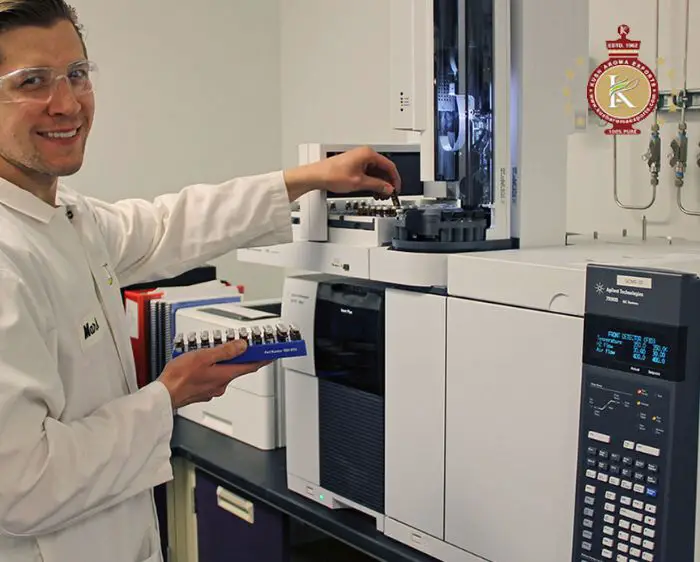
Ingredients & Blends
When choosing an essential oil company, it’s important to ensure they only use 100% pure, therapeutic-grade oils with no synthetic ingredients or carrier oils added. True therapeutic-grade oils are undiluted and unadulterated, containing the natural aromatic compounds from the plant source.
Synthetic fragrance oils or products diluted with carrier oils like jojoba or coconut oil may be less expensive but do not offer the same benefits. Always check for 100% pure essential oils on the label.
Blended oils may also contain synthetic ingredients as filler, so opt for companies that disclose all ingredients and confirm their blends only contain pure essential oils. High quality therapeutic oils do not require extra ingredients.
According to aromatherapy experts, “essential oils that are organically grown and carefully extracted using low temperatures, low pressure and minimal processing already contain all of the nutrients and medicinal components needed for efficacy, so further ‘enhancement’ is unnecessary.”
When you use only pure, undiluted oils, you can trust you are getting the true therapeutic benefits of aromatherapy.
Pricing & Value
When comparing essential oil companies, pricing is an important factor to consider. However, higher prices do not always equate to higher quality oils. While production methods that yield very pure oils often cost more, some companies charge inflated prices simply because of their brand name. It’s key to research production methods to determine if the pricing accurately reflects oil purity and potency.
For example, aromaweb.com notes that essential oils that undergo gentle steam distillation and rigorous testing procedures are often more expensive to produce, justifying their higher price point. However, consumers should still look for reasonable pricing compared to competitors.
Overall, aim for the highest quality oils you can afford from reputable companies. Oils that are extremely cheap may be diluted or contain synthetic ingredients. But the most expensive oils aren’t necessarily better. Finding the sweet spot between quality and fair pricing takes some savvy comparison shopping.
Company Reputation & Reviews
When choosing an essential oil company, it’s important to look for established brands with a solid reputation. Long-standing companies like Essential Oils Company and Plant Therapy have years of experience sourcing, testing, and selling high-quality essential oils. Newer companies may not have as much of a track record to assess.
Reading third party reviews on trustworthy sites like Consumer Reports or niche essential oil blogs can provide helpful insight into a company’s customer service, product quality, and overall reputation. Positive reviews over many years is a good sign. Be wary of reviews that seem overly promotional or come from suspicious sources.
A company that values transparency and integrity will have little to hide in terms of reviews. Negative feedback may happen periodically, but a pattern of concerning reviews should raise a red flag. Ultimately, reputable companies will stand by their products and customers.
Sustainability & Ethics
When choosing an essential oil company, it’s important to consider their sustainability and ethical practices. Look for companies that use ethical farming methods and give back to local communities. Many leading essential oil companies use organic and regenerative farming techniques that protect the environment and empower farmers. For example, Tisserand sources organic essential oils and invests in sustainability projects in the communities they work with.
Some companies have explicit giving back programs that support causes like healthcare, education, and poverty relief. RE Botanicals, for instance, partners with charitable organizations and donates a portion of profits to provide resources to communities in need.
Look also at the overall eco-friendly practices of a company, such as using recycled and sustainable packaging, offsetting carbon emissions, and minimizing waste. The most ethical essential oil companies make sustainability a core part of their mission and business model.
Customer Service
When purchasing essential oils, it’s important to choose a company with knowledgeable customer support representatives that can answer any questions about their products. Many essential oil companies like The Essential Oils Company and Young Living receive positive reviews for helpful and friendly customer service.
Look for satisfaction guarantees so you can return products if you are not completely happy. Companies like The Essential Oil Company stand behind their products and make returns easy. Clear return policies are also important – know how long you have to return an item and if you need to pay return shipping.
Choosing an essential oil company with top-notch customer service provides confidence and support when selecting the right products for your needs.
Conclusion
Choosing an essential oils company involves many factors. First, consider their sourcing and production methods to ensure quality and purity. Companies should use ethical farming practices and test oils for contaminants. Look for companies that disclose third-party testing results. When reviewing products, go for oils 100% pure and undiluted. Also, note ingredient quality and if blends use safe mixing. Compare pricing – pure oils justify higher costs, but avoid products vastly overpriced. Value ethical, sustainable practices even if they cost more.
Additionally, research the reputation, ethics and transparency of companies. Look at online reviews and ratings to gauge customer satisfaction. Brands involved in charitable causes show social responsibility. For individual guidance, customer service staff should provide helpful consultation. After evaluating these key areas, Young Living and doTERRA emerge as leaders. They source oils globally, test extensively for purity, avoid adulteration, and distill oils carefully. Their ethical and sustainable farming partnerships ensure quality. With fair prices, stellar reviews, and consultants available to advise, these companies exemplify excellence in essential oils.
References
This article was developed through research from the following sources for further reading:
- Arenas, O. N., Bayra, C. N., Lim, Y., Luo, J., Kemal, E., Won, M., & Choi, H. (2022). A review on the analysis of essential oils. Natural Product Research, 1-15.
- Naz, S., & Jabeen, S. (2015). Antibacterial activity of essential oils extracted from medicinal plants against the pathogenic bacteria. Pakistan Journal of Botany, 47(1), 405-410.
- Posadzki, P., Alotaibi, A., & Ernst, E. (2012). Adverse effects of aromatherapy: a systematic review of case reports and case series. International Journal of Risk & Safety in Medicine, 24(3), 147-161.
- Sher, A. (2017). Essential oils and their constituents as antimicrobial agents. Future Science OA, 3(2), FSO189.

